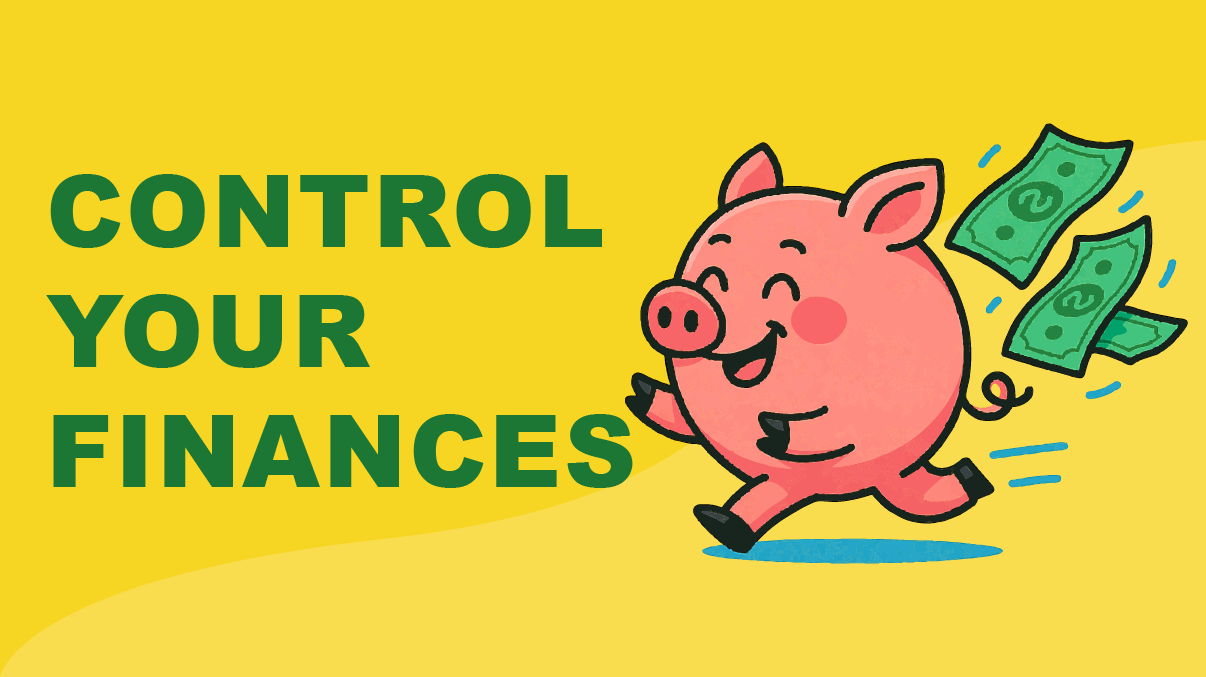The Night I Realized I Was in Trouble
There was a night when I sat at my kitchen table with a stack of unopened bills, my checking account close to zero, and my credit card due in two days.
I felt paralyzed… not because I didn’t know I was in trouble, but because I had no idea where to start fixing it.
If you’re reading this and your finances feel out of control, I’ve been there. The good news? You can take simple, clear steps today to start turning things around.
The Real Reason It Feels Overwhelming
Money issues are more than just numbers they’re caused by not having a clear next step.
When bills, debt, and stress pile up, it’s easy to freeze. But every turnaround starts the same way: small, decisive actions that rebuild your control one step at a time.
5 Steps to Take When Your Finances Are Out of Control
1. Stop the Bleeding
Before you do anything else, freeze unnecessary spending for the next two weeks.
Pause subscriptions, hold off on non-essentials, and make a list of only the must-pay bills.
2. Take Inventory
Open every account; checking, savings, credit cards, loans, and write down the balances.
Seeing the numbers can feel uncomfortable, but clarity is the foundation of control.
3. Prioritize Essentials
List your top expenses in order: housing, utilities, food, transportation.
Pay these first before tackling anything else. Missing them creates bigger problems later.
4. Build a Mini Emergency Buffer
Even $200–$500 in a separate account can stop the cycle of using credit cards for small emergencies.
Transfer whatever you can spare into this fund. Even if it’s just $20 a week.
5. Make a 30-Day Plan
Don’t try to fix everything overnight.
Set one or two achievable money goals for the next month. Like paying down one bill or saving $100. Try your best to focus only on those.
The Takeaway
When your finances are out of control, the key is not to solve everything at once, it’s to build momentum.
Every small step you take creates proof that you can regain control, and that confidence is as valuable as the money itself.
FAQ
Q: Should I pay off debt or save first?
A: Start with a small emergency fund ($500–$1,000), then focus on paying down high-interest debt.
Q: How do I stay motivated when progress is slow?
A: Track your wins weekly — even $50 paid off or saved is progress worth celebrating.
Q: What if my income isn’t enough to cover essentials?
A: Look for short-term ways to boost income while also exploring assistance programs — temporary help can give you breathing room.
*This content is for informational and educational purposes only. It should not be considered financial or investment advice. Please consult with a qualified professional before making any financial decisions.

